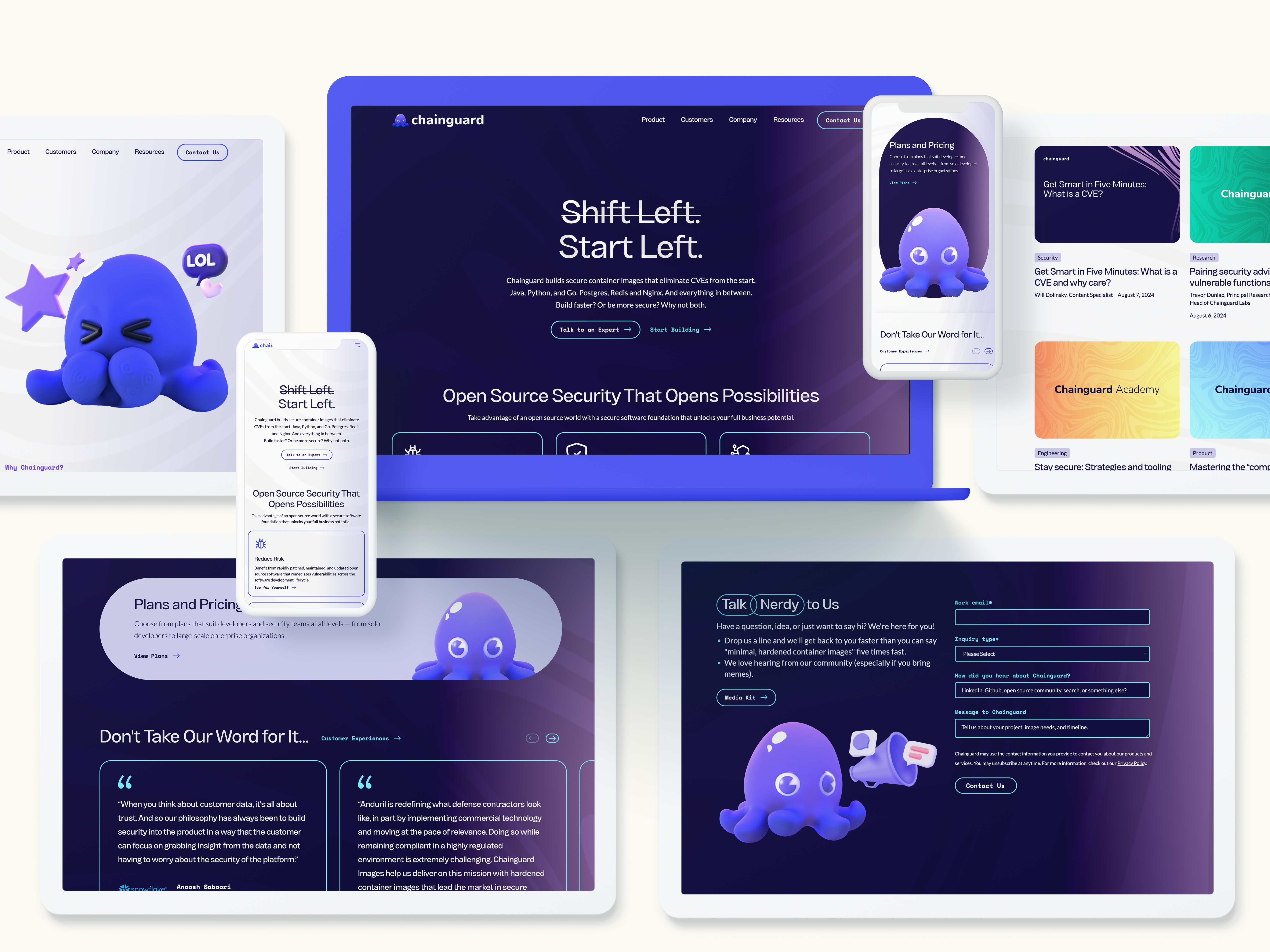In the dynamic and competitive landscape of B2B marketing, the ability to leverage data effectively has become a key differentiator between success and failure. While creativity and intuition still play crucial roles in content marketing, it’s data-driven insights that provide the foundation for informed decision-making, enabling marketers to create content that is not only engaging but also highly effective in driving business outcomes.
The Evolution of Data in B2B Content Marketing
The use of data in marketing is not a new concept, but the way it’s applied has evolved significantly over the years. In the early days, data was primarily used for basic demographic segmentation and campaign reporting. However, with advancements in technology and analytics, the scope of data usage has expanded dramatically. Today, B2B marketers have access to a wealth of data points, from website behavior and social media interactions to CRM data and third-party research.
This evolution has transformed the content marketing landscape. No longer are marketers left to rely on broad assumptions about their audience. Instead, they can tap into detailed insights that reveal specific preferences, behaviors, and pain points. This shift towards data-driven content marketing allows B2B companies to create highly targeted and personalized content that resonates deeply with their audience.
The Role of Data in Crafting B2B Content Strategies
Data is the linchpin that holds together a successful B2B content strategy. It informs every stage of the content lifecycle, from planning and creation to distribution and optimization. Here’s how data-driven insights can elevate your content marketing efforts:
- Audience Segmentation and Profiling: Understanding your audience is the first step in creating relevant content. Data-driven audience segmentation goes beyond basic demographics. It involves analyzing behavioral data, such as how different segments interact with your content, what topics they engage with most, and how they progress through the buyer’s journey. This deeper level of segmentation allows you to create content that speaks directly to the specific needs and challenges of each group, increasing the likelihood of engagement and conversion.
- Content Ideation and Creation: Data can be a powerful tool in the ideation phase of content creation. By analyzing search trends, social media discussions, and competitor content, you can identify gaps in the market and uncover topics that are highly relevant to your audience. Additionally, insights from previous content performance can guide the creation of new content, helping you to focus on formats and themes that have proven successful in the past.
- Personalization at Scale: Personalization is no longer just a buzzword; it’s a critical component of effective B2B content marketing. Data-driven personalization enables you to deliver tailored content experiences at scale. By leveraging data such as past interactions, purchase history, and content preferences, you can create personalized email campaigns, dynamic website content, and targeted social media ads that resonate with individual prospects and customers. This level of personalization can significantly enhance the effectiveness of your content, leading to higher engagement rates and stronger customer relationships.
- Predictive Analytics for Proactive Content Strategy: One of the most powerful applications of data in content marketing is predictive analytics. By analyzing historical data, predictive models can forecast future trends, behaviors, and needs of your audience. This foresight allows you to be proactive rather than reactive in your content strategy. For example, if predictive analytics indicate that a particular industry is about to experience a surge in demand for a specific solution, you can create content that addresses this need ahead of time, positioning your brand as a thought leader and a go-to resource.
- Content Performance Measurement and Optimization: The ability to measure and analyze content performance is essential for continuous improvement. Data provides insights into how your content is performing across different channels and audience segments. Key metrics such as engagement rates, time on page, conversion rates, and social shares can reveal what’s working and what’s not. Armed with this information, you can make data-driven decisions to optimize your content strategy, such as adjusting your content formats, refining your messaging, or reallocating resources to high-performing channels.
- Optimizing Content Distribution: Even the best content won’t deliver results if it doesn’t reach the right audience. Data-driven insights are invaluable in optimizing your content distribution strategy. By analyzing data on where and when your audience is most active, you can strategically distribute your content across the channels that are most likely to drive engagement. This could involve refining your email marketing strategy, choosing the optimal times to post on social media, or identifying niche industry platforms where your content can gain traction.
- Enhancing User Experience with Data-Driven Design: Data isn’t just useful for content creation; it also plays a critical role in enhancing the overall user experience (UX) on your digital platforms. By analyzing user behavior data, such as click paths, bounce rates, and heatmaps, you can gain insights into how users interact with your content. This information can inform the design and layout of your website, ensuring that your content is easy to find, read, and engage with. A seamless UX, supported by data-driven design, can greatly enhance the effectiveness of your content marketing efforts.

Turning Data into Actionable Insights
The use of data-driven insights in B2B content marketing is not just a trend; it’s a necessity in today’s competitive landscape. By harnessing the power of data, B2B companies can create more targeted, personalized, and effective content strategies that resonate with their audience and drive meaningful business results.
At Bluetext, we understand the critical role that data plays in content marketing success. Our team of experts specializes in helping B2B companies unlock the full potential of their data to create compelling content that drives engagement, builds trust, and converts leads into customers. Whether you’re looking to enhance your content strategy, improve your content distribution, or leverage predictive analytics for proactive planning, Bluetext has the expertise and tools to help you achieve your goals.
Ready to take your content marketing to the next level? Contact Bluetext today to learn how we can support your data-driven content marketing efforts and help you stay ahead of the competition. Let’s turn your data into actionable insights that drive real results for your business.


